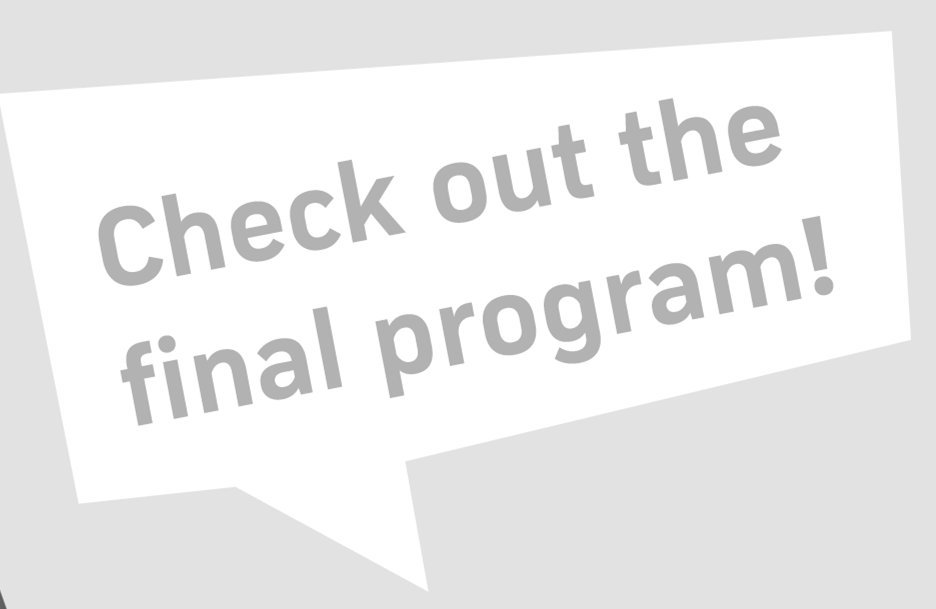
Pasquale De Palo
University of Bari, Italy
Title: Innovative techniques in donkey farm management for enhancing animal welfare and production
Biography
Biography: Pasquale De Palo
Abstract
Statement of the Problem: Improving animal welfare and animal production together is the whole aim of main research approaches, also in donkey farm management. First of all, introducing partial-artificially suckling technique for foals during the hours in which they are separated from their dams in order to permit milking procedures, can reduce animal stress due to fasting period. Moreover, machine milking for jennies need an habituation for animal to the new technique, considering that often these animals are habituated only to hand-milking procedures.
Methodology & Theoretical Orientation: Trial for introducing partially-artificially suckling was conducted on 40 foals, 20 naturally suckled (NS) (as control group) and 20 partially-artificially suckled (AS) with milk replacer. During the experimental period, in vivo growing performances and blood biochemical and oxidative profile were weekly evaluated. Moreover, animals were slaughtered at 12 and 18 months (10 per group) and slaughtering performance and meat quality were evaluated. Sixty jennies were involved in an experimental design with three different habituation protocols in order to reduce stress induced by the new milking system and environment.
Findings: The AS group showed higher values of ALT, ASP and ALP (P<0.01).Suckling system affect weekly weight gain until weaning and live weight at slaughter, with higher values in AS foals (P<0.001). Meat from AS foals was characterized by lower fat content (P<0.05), higher PUFA and n6 fatty acids concentrations (P<0.01). Jennies that received a habituation protocol that emphasize the breast handling effect in milking parlor showed a faster habituation to milking procedures.
Conclusion & Significance: Partially artificially suckling can improve animal welfare and meat production, both from quantitative and qualitative point of view. Milking cluster and breast handling represents the most stressful aspect of introducing jennies into milking parlor.

